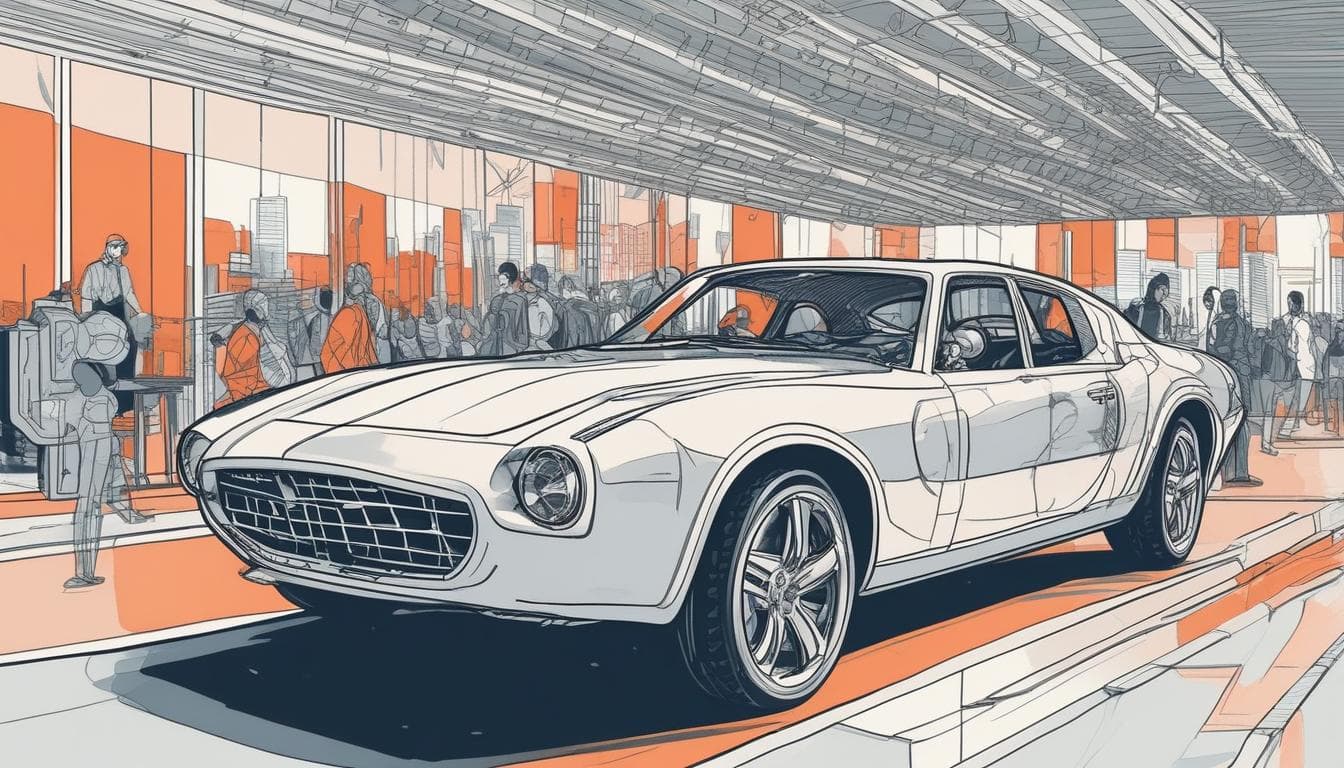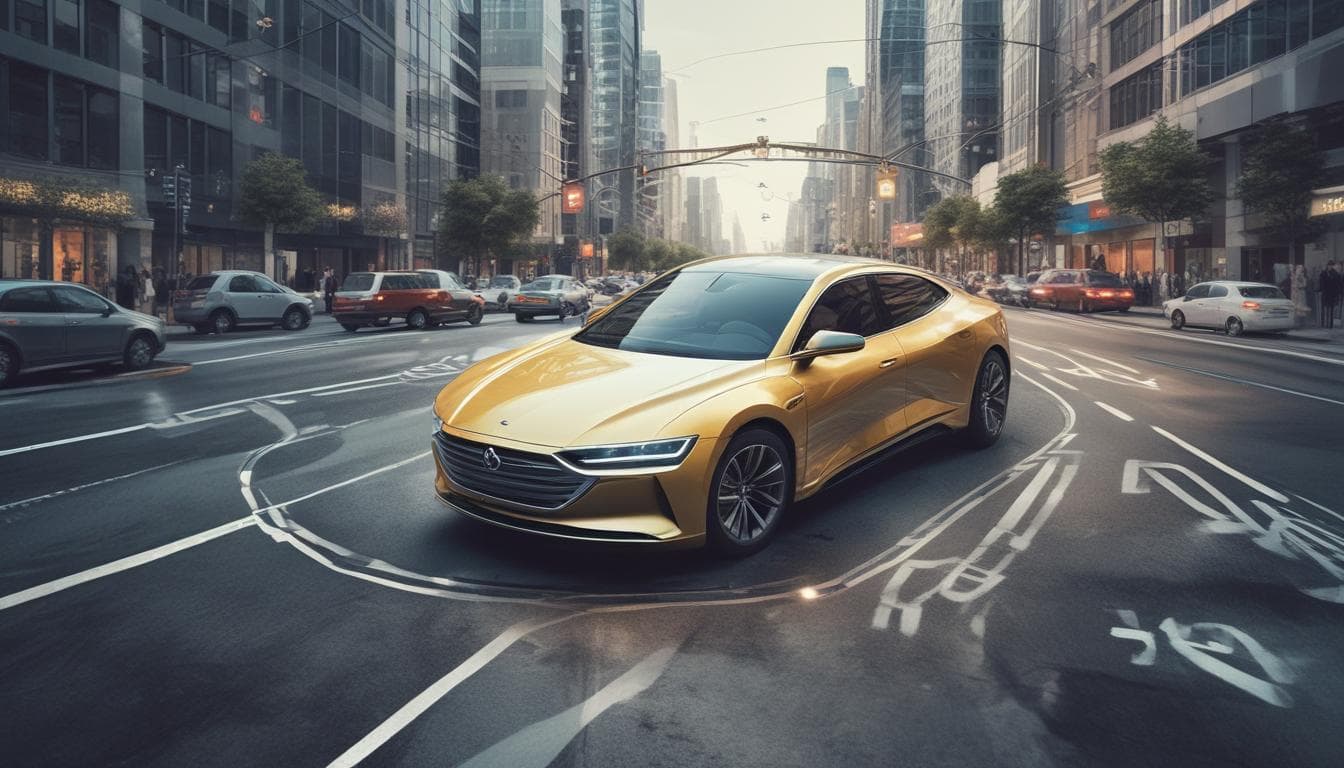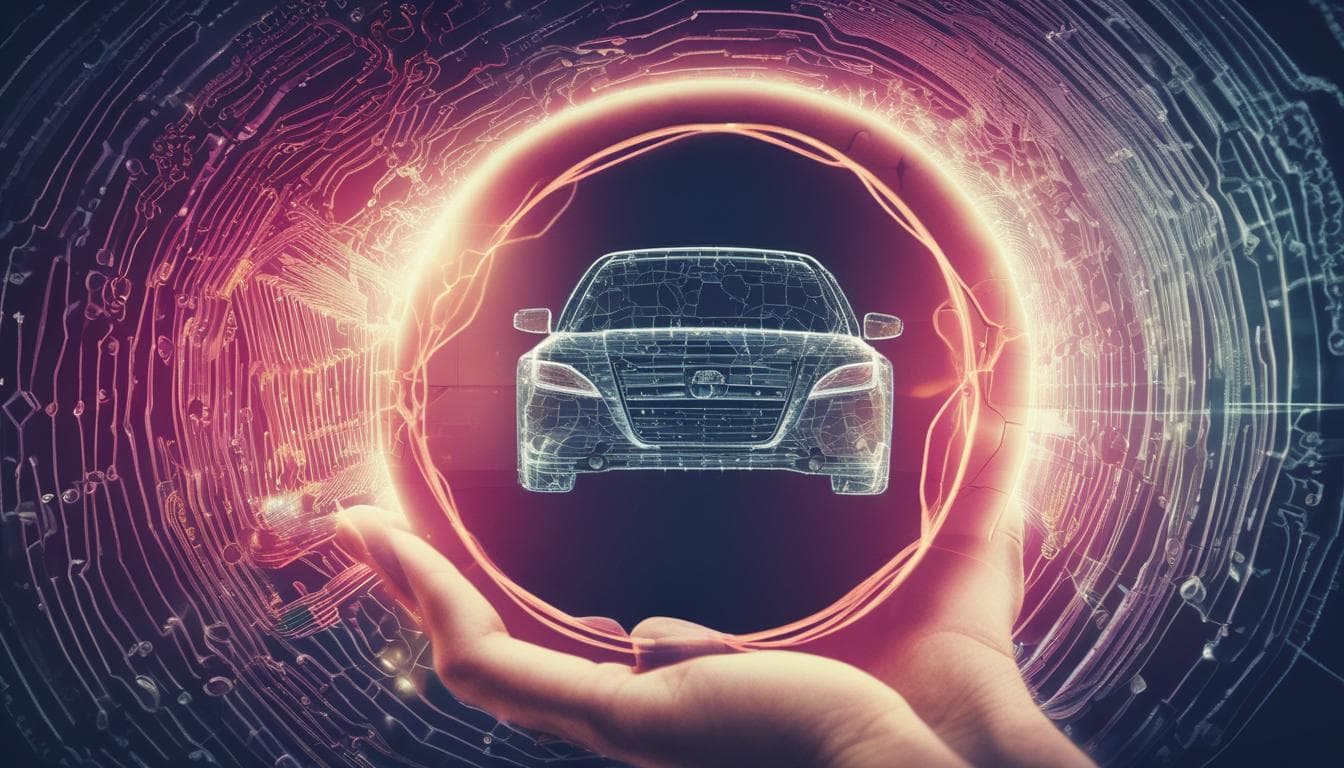如果汽车能够理解并回应驾驶员的情绪,这将如何改变我们与汽车的互动方式?它会让驾驶体验更安全、更愉悦,还是会引发新的隐私和伦理问题?畅想一下未来汽车情感交互的可能性和挑战吧!
这实际上是一个非常有趣的话题!如果汽车能够理解并回应驾驶员的情绪,这将标志着人机交互的一次巨大飞跃。我们可以想象,未来的情感交互技术可以通过面部表情、语音语调甚至生物数据(如心率)来捕捉驾驶员的情绪状态。接下来,让我们探索这种技术的潜在影响。
积极影响
- 提升驾驶安全性:当驾驶员处于紧张或愤怒状态时,情感感知系统可以提醒驾驶员冷静,甚至主动介入调整车辆性能,比如减缓车速或启用自动驾驶。
- 增加驾驶乐趣:在驾驶员感到疲惫或无聊时,车辆可以播放适合的音乐、调整氛围灯光或者用语音助手进行互动,创造更愉悦的驾驶体验。
- 个性化服务:系统能够根据驾驶员的情绪推荐路线、停车选择,甚至根据心情调整车内香氛和座椅设置,推动车辆个性化定制的进一步发展。
潜在挑战
- 隐私问题:车辆实时收集个体情感数据可能涉及敏感的生物数据保护。如果这些信息被不当存储或利用,将对驾驶员隐私构成威胁。
- 伦理问题:车辆如何在不同情绪情况下做出反应决定可能会带来道德争议,例如,当驾驶员处于愤怒状态时,是否应该限制他们的驾驶行为?关于这一点,可以参考自动驾驶汽车的伦理挑战。
- 技术实现难度:精确理解人类情绪并作出正确反应依赖于复杂的算法与传感器技术,其开发和测试需要大量成本与时间。
畅想未来
未来,情感交互技术甚至可能与其他领域融合,例如汽车与元宇宙的交互体验。在虚拟和现实的融合中,驾驶员可以通过情绪与虚拟世界进行多元互动,为车辆赋予更深层次的“人格化”特征。
总体而言,情感交互汽车的普及可能需要企业与学术界共同努力,在技术、隐私与伦理三者间找到平衡。这一领域值得我们持续关注,并积极探索其可能的未来发展方向!
Explore More on This Topic
Join the Conversation
- The Future of AI-Driven In-Car Personalization: Beyond Comfort and Entertainment
Explore the future of AI in vehicles and how it can personalize the driving experience beyond entertainment and comfort. Discuss the ethical considerations and potential benefits of deep AI integration, such as anticipating mood and stress levels and suggesting personalized micro-experiences.
- The Future of Automotive Tourism: AI-Curated Road Trips vs. Spontaneous Exploration
Explore the future of automotive tourism in the age of AI. Will AI-curated road trips replace spontaneous exploration, or will they coexist? Discuss the opportunities and challenges for travelers and the tourism industry as AI integrates into vehicles and travel experiences.
- The Future of Road Rage in the Age of AI-Powered Vehicles
How will AI in vehicles impact road rage? Will it help de-escalate aggressive driving or make it worse? Explore the potential roles of AI and human drivers in managing these scenarios.





